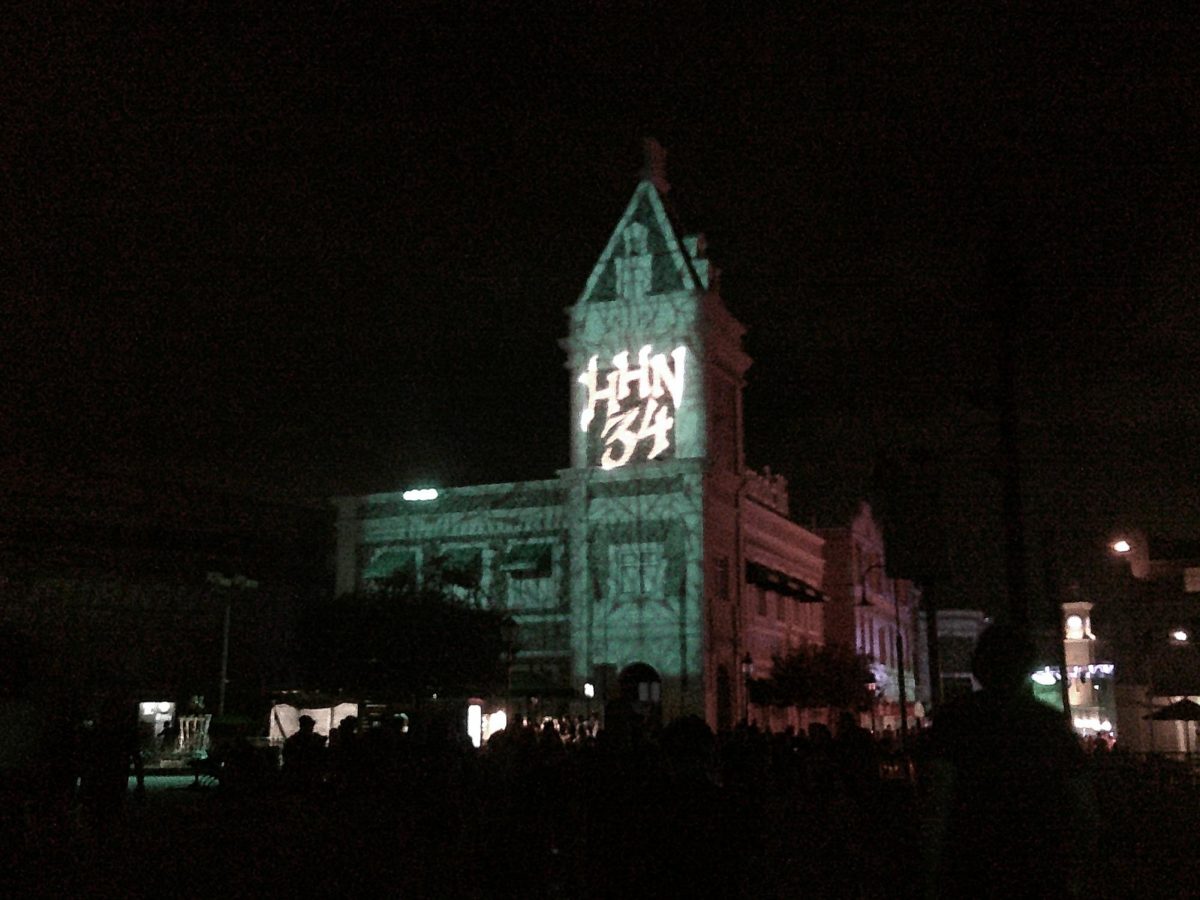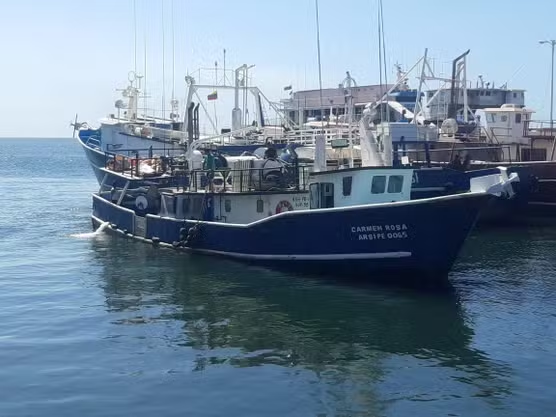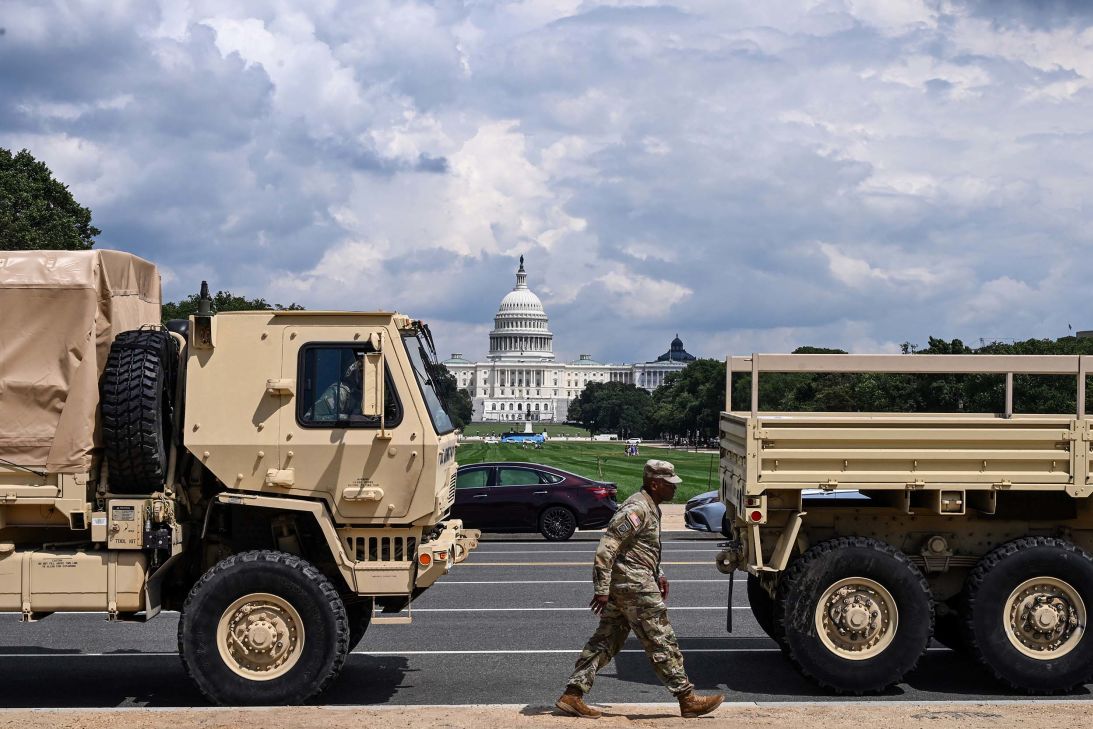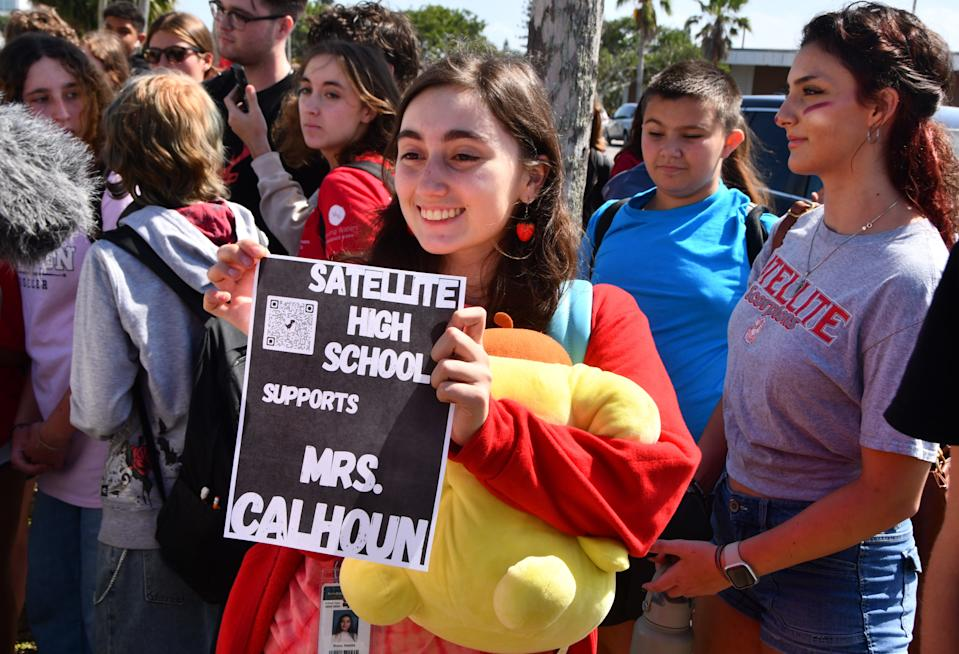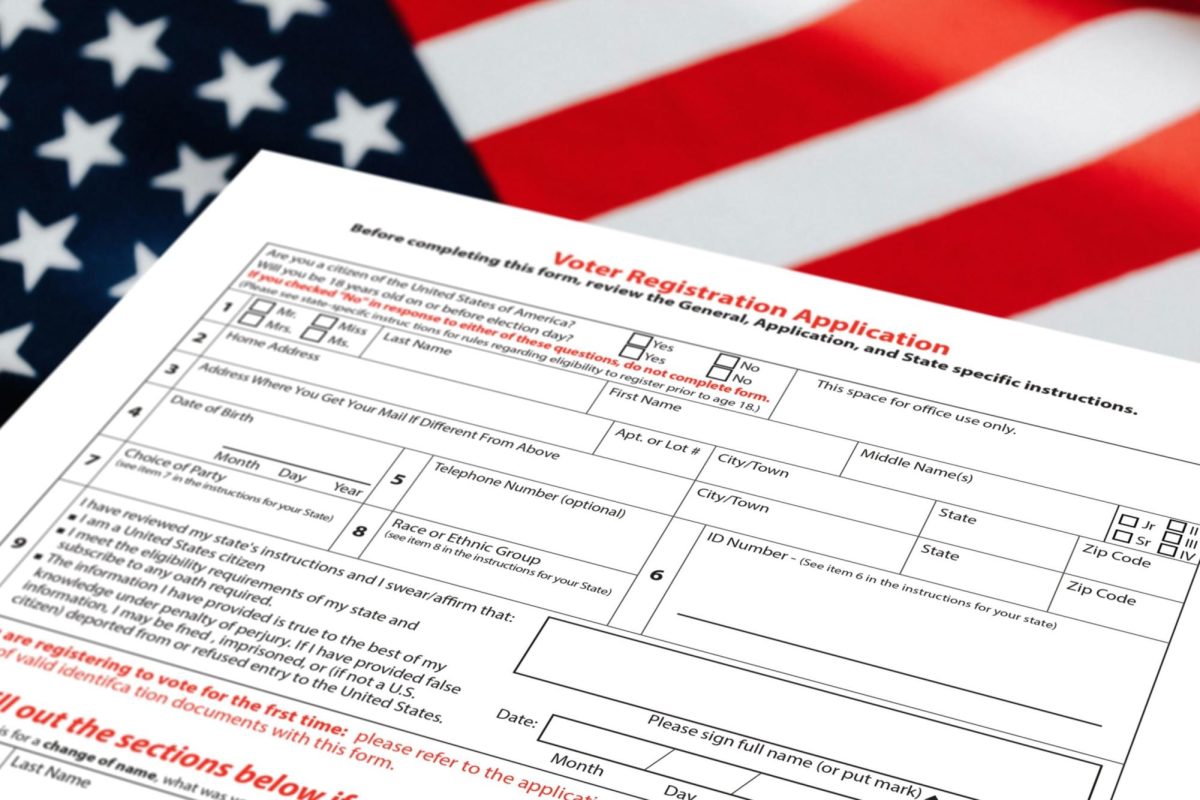Over the past few months, U.S. forces carried out airstrikes on several boats believed to be involved in drug trafficking off the coast of Venezuela. With the most recent one occurring on October 16th, the strikes were carried out by U.S. forces and have sparked debates over the legality and impact on regional security.
According to reports, the vessels were suspected of transporting large quantities of illegal drugs, destined for the U.S. and other countries. U.S. officials claim the operation was necessary to combat the growing influence of drug cartels operating in the region. “The boats were actively engaged in illicit drug trafficking activities, posing a serious threat to the safety and security of our communities,” said a U.S government spokesperson quoted in The Washington Post. “This strike was a critical step in disrupting the flow of narcotics.”
However, the Venezuelan government condemned the airstrikes as an act of aggression against its sovereignty. Venezuelan officials argue that the boats were part of legitimate fishing operations and accused the U.S. of violating international law. “These attacks are an unwarranted intrusion into our territorial waters and undermine efforts to maintain peace in the region,” stated one Venezuelan official, to Reuters. Experts warn that while such strikes may disrupt drug shipments, they could also escalate conflicts in an already fragile geopolitical environment.
The operation highlights ongoing tensions between the U.S. and Venezuela, as well as the challenges faced by nations in combating drug trafficking in international waters. As investigations continue, the world is watching to see how this situation develops and what impact it will have on drug enforcement and diplomatic relations in America.





